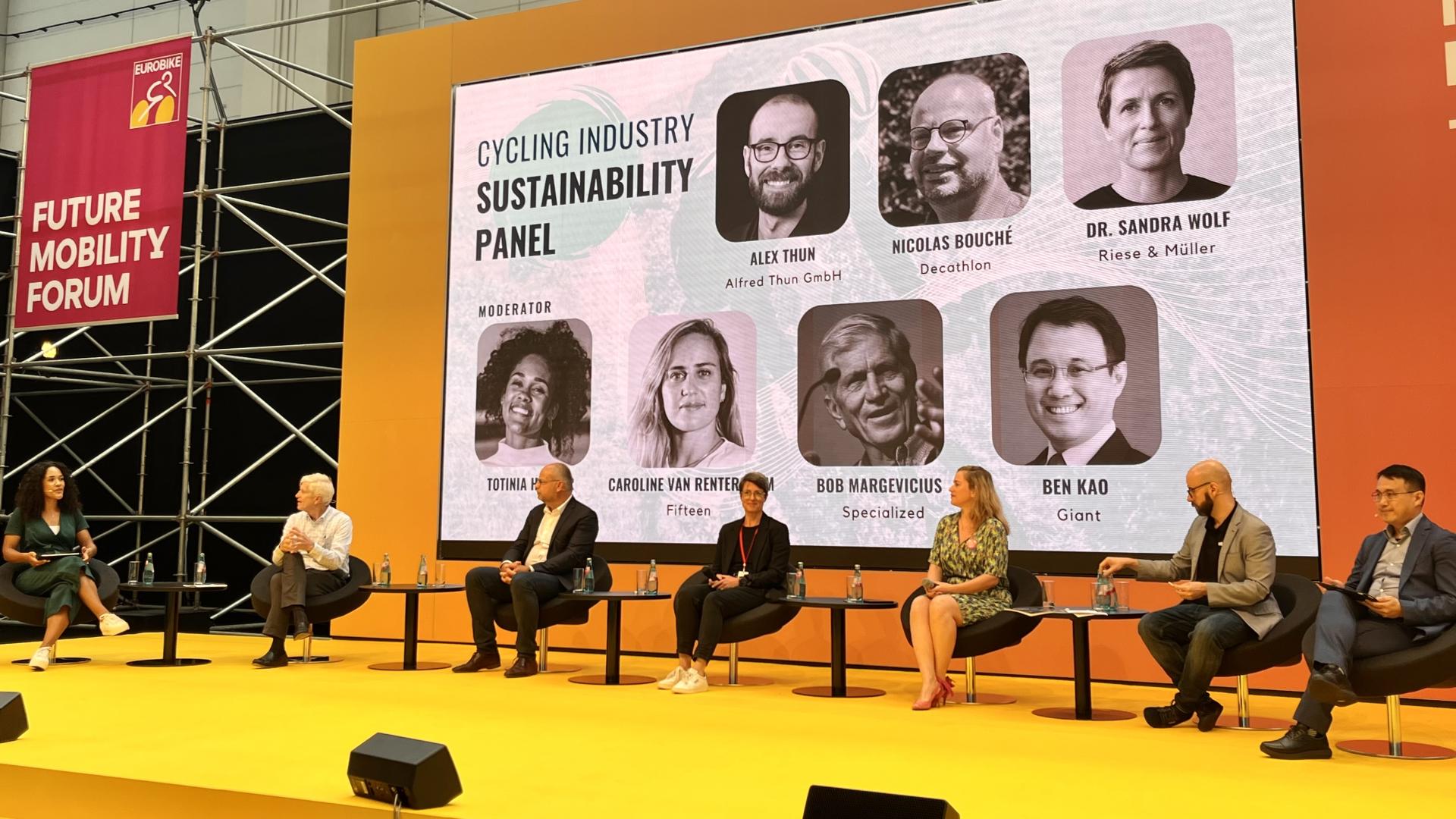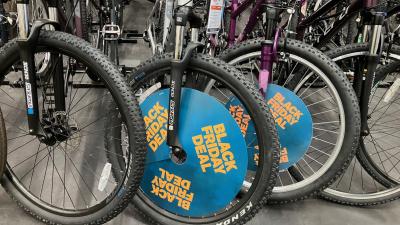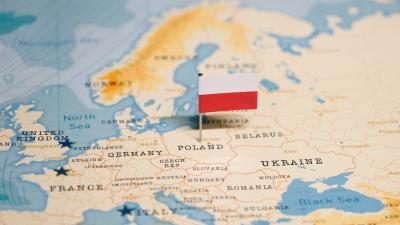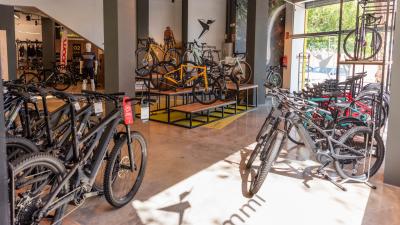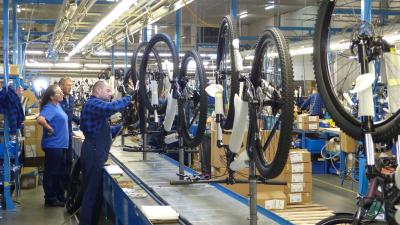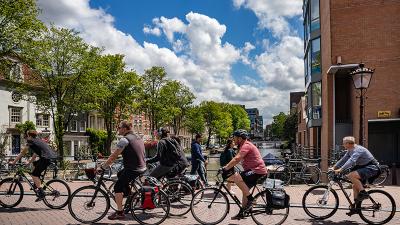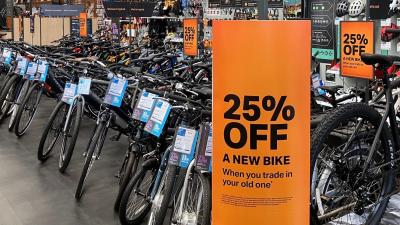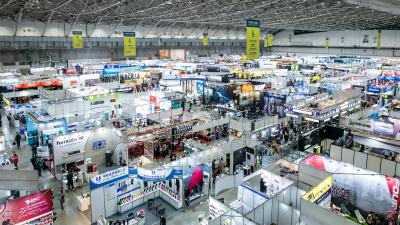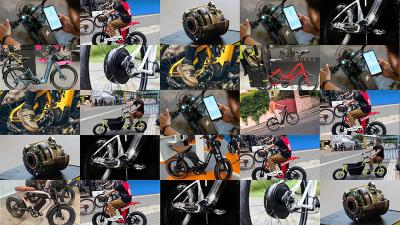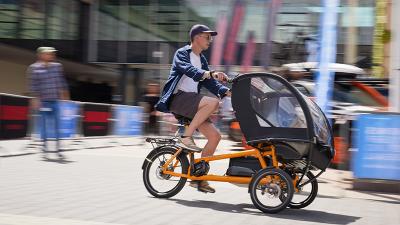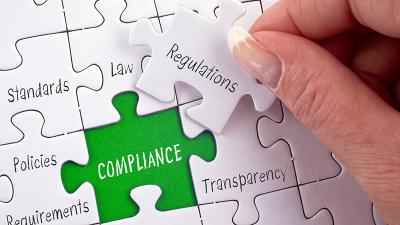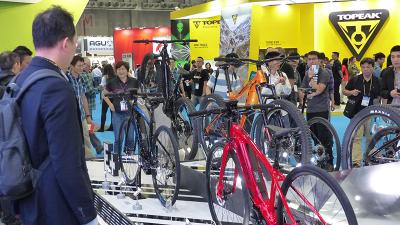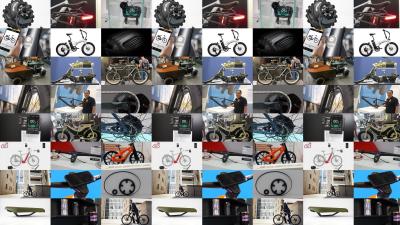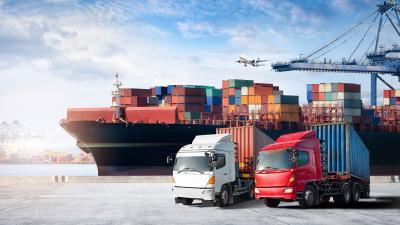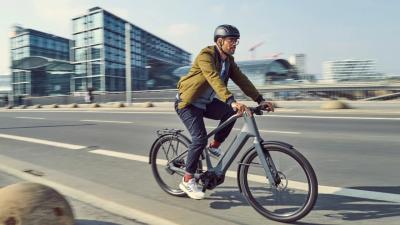All pages

1
Can the bicycle industry become greener?
Cover and contents
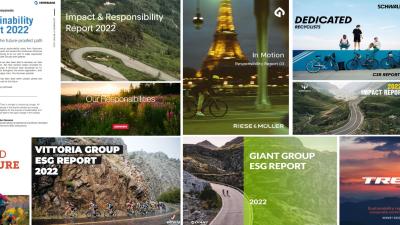
2
The rise of CSR reporting in the bicycle industry
A look at Corporate Social Responsibility (CSR) reports, which are becoming a more regular sight in the bicycle industry.

3
Shengyi E-Cargo - MTB System
03P E-Cargo / MTB Conversion Kit 350W / 450W

4
Update on CIE sustainabilty working group
To reduce carbon emissions, several bicycle companies have co-developed a Climate Action Training for Asian suppliers.
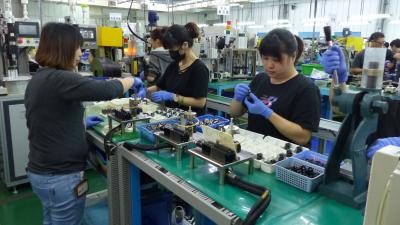
5
The importance of sustainable supply chain training
To reduce carbon emissions, several bicycle companies have co-developed a Climate Action Training for Asian suppliers.

6
Taipei Cycle 2024
March 6 - 9 2024
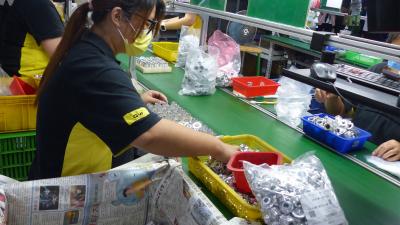
7
ESG implementation takes crucial steps in Taiwan
The Taiwanese bicycle industry formed the Bicycling Alliance for Sustainability (BAS) in 2022. What's happening now?
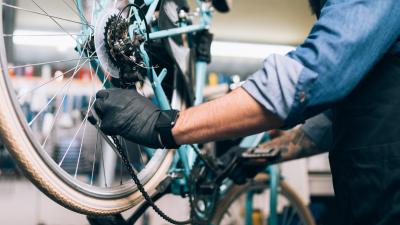
8
Bicycles in European ‘right to repair’ scope
The scope of the adopted European ‘right to repair’ proposal has been extended to include bicycles. What does this entail?

9
Group subscription
All editions
Search
Search, through all Editions

